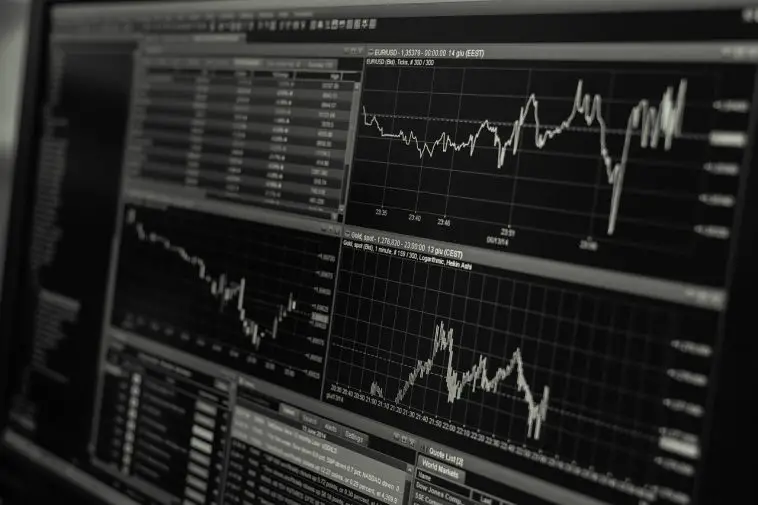Is climate change policy destroying the U.S. economy?
As the push for aggressive climate change policies accelerates, many conservatives argue that these measures are having a detrimental impact on the U.S. economy. While addressing environmental concerns is important, the way these policies are being implemented has led to unintended economic consequences that affect millions of Americans, particularly in key industries. Here’s how current climate change policies are wreaking havoc on the U.S. economy.
Job Losses in Traditional Energy Sectors
One of the most direct consequences of climate change policy is the destruction of jobs in the traditional energy sector. Fossil fuels, including coal, oil, and natural gas, have long been the backbone of America’s energy supply. However, climate-driven policies that restrict drilling, cancel pipeline projects, and impose stricter emissions regulations are leading to widespread layoffs in these industries.
The cancellation of the Keystone XL Pipeline is a prime example. When President Biden revoked the permit for the project, thousands of jobs were lost overnight. Beyond this, the long-term decline in coal mining and related industries, driven by regulations and subsidies favoring renewable energy, continues to harm working-class communities that depend on these industries for their livelihoods.
Rising Energy Prices
As climate policies push the U.S. toward renewable energy sources like wind and solar, Americans are seeing rising energy costs. The energy grid’s increased reliance on intermittent sources, such as wind and solar, creates instability and drives up prices, particularly in states that have been aggressive in implementing green energy initiatives. Additionally, by restricting the exploration and production of domestic oil and gas, the U.S. becomes more dependent on foreign energy, which increases vulnerability to global market fluctuations and leads to higher prices for consumers.
For middle-class families, higher energy bills take a larger portion of their income, reducing their purchasing power and increasing the cost of living. This is particularly difficult in regions where harsh winters or hot summers require significant energy usage for heating and cooling.
Disrupting Key Industries
Aggressive climate policies also negatively affect industries beyond energy. For example, the transportation and manufacturing sectors are grappling with new regulations that require costly upgrades to meet emissions standards. The automotive industry, for instance, is under pressure to pivot rapidly toward electric vehicles (EVs), even though EVs are still more expensive to produce and purchase than traditional vehicles. This transition may lead to job losses and higher costs for consumers, particularly when federal subsidies for EVs are considered insufficient to offset these expenses for many Americans.
Moreover, farmers and ranchers face increased regulations tied to climate policy. From carbon emissions associated with livestock to the push for more sustainable agriculture, the costs of complying with new regulations can reduce profitability and push some small operations out of business.
The Global Competitive Disadvantage
U.S. climate policies often put the country at a competitive disadvantage compared to nations like China and India, which continue to rely heavily on coal and other fossil fuels while growing their economies. By imposing strict regulations and limiting domestic energy production, the U.S. is effectively ceding economic power to countries that do not face the same restrictions. This not only hurts American industries but also weakens the nation’s global economic standing.



